In the realm of nuts, peanuts often spark curiosity and controversy. While they are a popular snack enjoyed roasted, salted, or in the form of peanut butter, the debate about their healthiness lingers on. Are peanuts nutritious powerhouses or should they be consumed with caution due to potential drawbacks? In this comprehensive guide, we delve into the science behind peanuts to uncover the truth about their impact on our health. **Introduction to Peanuts:** Peanuts, scientifically known as Arachis hypogaea, are not true nuts but rather legumes that grow underground. They are widely consumed in various forms, from being a crunchy topping in salads to a smooth spread in sandwiches. Peanuts are rich in essential nutrients like protein, healthy fats, and various vitamins and minerals. However, their nutritional profile also contains potential allergens and anti-nutrients that raise concerns among certain individuals. **Nutritional Composition of Peanuts:** Peanuts are a powerhouse of nutrition, boasting an impressive array of essential nutrients that contribute to overall health. They are rich in protein, with one ounce (28 grams) of peanuts providing around 7 grams of protein. This makes peanuts a valuable source of plant-based protein for vegetarians and vegans. Apart from protein, peanuts are loaded with healthy fats, particularly monounsaturated and polyunsaturated fats. These fats help support heart health by lowering LDL cholesterol levels and reducing the risk of cardiovascular diseases. Additionally, peanuts contain fiber, which aids in digestion, promotes satiety, and helps stabilize blood sugar levels. When it comes to vitamins and minerals, peanuts shine bright with their content of various micronutrients. They are a good source of vitamin E, an antioxidant that protects cells from damage, as well as important minerals like magnesium, phosphorus, and potassium. Furthermore, peanuts are rich in B vitamins, including niacin, which plays a crucial role in energy metabolism. **Health Benefits of Peanuts:** The nutritional richness of peanuts translates into a host of health benefits when consumed as part of a balanced diet. One of the key advantages of peanuts is their heart-healthy nature. The presence of monounsaturated fats, along with antioxidants like resveratrol, may lower the risk of heart disease by reducing inflammation and improving blood vessel function. Moreover, peanuts have been associated with improved weight management. Despite being calorie-dense, studies suggest that including moderate amounts of peanuts in the diet can promote satiety and lead to better weight control. The combination of protein, healthy fats, and fiber in peanuts helps curb hunger and prevent overeating, making them a satisfying snack option.
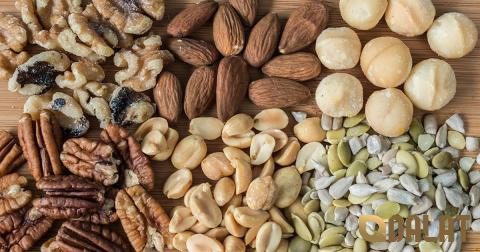
.
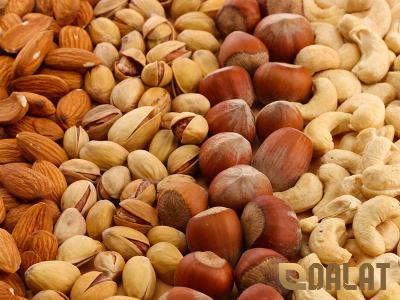 In addition to cardiovascular and weight-related benefits, peanuts offer significant advantages for brain health. The high levels of vitamin E in peanuts act as a potent antioxidant that protects brain cells from oxidative stress and may reduce the risk of cognitive decline. Furthermore, the presence of folate and other B vitamins in peanuts supports healthy brain function and mood regulation. **Concerns Regarding Peanut Allergies:** While peanuts pack a nutritional punch for many individuals, it’s crucial to address the potential risks associated with peanut allergies. Peanut allergies are among the most common food allergies, affecting both children and adults. Allergic reactions to peanuts can range from mild symptoms like hives and stomach discomfort to severe, life-threatening anaphylaxis. For individuals with peanut allergies, even trace amounts of peanuts can trigger a dangerous immune response. This necessitates strict avoidance of peanuts and diligent label reading to prevent accidental exposure. In recent years, there has been increased awareness and efforts to create nut-free environments in schools, restaurants, and various public settings to accommodate individuals with peanut allergies. **Antinutrients in Peanuts and Their Impact:** Apart from allergens, peanuts also contain antinutrients that may impede the absorption of certain nutrients in the body.
In addition to cardiovascular and weight-related benefits, peanuts offer significant advantages for brain health. The high levels of vitamin E in peanuts act as a potent antioxidant that protects brain cells from oxidative stress and may reduce the risk of cognitive decline. Furthermore, the presence of folate and other B vitamins in peanuts supports healthy brain function and mood regulation. **Concerns Regarding Peanut Allergies:** While peanuts pack a nutritional punch for many individuals, it’s crucial to address the potential risks associated with peanut allergies. Peanut allergies are among the most common food allergies, affecting both children and adults. Allergic reactions to peanuts can range from mild symptoms like hives and stomach discomfort to severe, life-threatening anaphylaxis. For individuals with peanut allergies, even trace amounts of peanuts can trigger a dangerous immune response. This necessitates strict avoidance of peanuts and diligent label reading to prevent accidental exposure. In recent years, there has been increased awareness and efforts to create nut-free environments in schools, restaurants, and various public settings to accommodate individuals with peanut allergies. **Antinutrients in Peanuts and Their Impact:** Apart from allergens, peanuts also contain antinutrients that may impede the absorption of certain nutrients in the body.
..
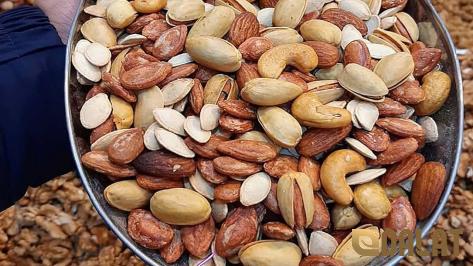 One of the primary antinutrients in peanuts is phytic acid, also known as phytate. Phytic acid can bind to minerals like iron, zinc, and calcium, reducing their bioavailability and potentially leading to nutrient deficiencies over time. However, the impact of antinutrients in peanuts can be mitigated through various food preparation methods. Roasting, soaking, or fermenting peanuts can help deactivate phytic acid and enhance the bioavailability of essential minerals. By incorporating these strategies, the potential drawbacks of antinutrients in peanuts can be minimized, allowing for better nutrient absorption and overall health benefits. **Peanut Butter: A Popular Peanut Product:** Peanut butter, a beloved spread enjoyed by many, deserves special attention in the discussion about peanuts. Made from ground peanuts, peanut butter offers a convenient and delicious way to incorporate the nutty goodness of peanuts into your diet. However, not all peanut butters are created equal. When selecting peanut butter, it’s essential to opt for varieties that are minimally processed and free from added sugars, hydrogenated oils, and artificial ingredients. Natural peanut butter, made with just peanuts and possibly a hint of salt, is the healthiest choice as it retains the nutritional integrity of peanuts without unnecessary additives.
One of the primary antinutrients in peanuts is phytic acid, also known as phytate. Phytic acid can bind to minerals like iron, zinc, and calcium, reducing their bioavailability and potentially leading to nutrient deficiencies over time. However, the impact of antinutrients in peanuts can be mitigated through various food preparation methods. Roasting, soaking, or fermenting peanuts can help deactivate phytic acid and enhance the bioavailability of essential minerals. By incorporating these strategies, the potential drawbacks of antinutrients in peanuts can be minimized, allowing for better nutrient absorption and overall health benefits. **Peanut Butter: A Popular Peanut Product:** Peanut butter, a beloved spread enjoyed by many, deserves special attention in the discussion about peanuts. Made from ground peanuts, peanut butter offers a convenient and delicious way to incorporate the nutty goodness of peanuts into your diet. However, not all peanut butters are created equal. When selecting peanut butter, it’s essential to opt for varieties that are minimally processed and free from added sugars, hydrogenated oils, and artificial ingredients. Natural peanut butter, made with just peanuts and possibly a hint of salt, is the healthiest choice as it retains the nutritional integrity of peanuts without unnecessary additives.
…
 Peanut butter serves as a versatile ingredient that can be used in both sweet and savory dishes. From spreading it on toast to blending it into smoothies or using it as a base for sauces and dressings, the possibilities with peanut butter are endless. Just remember to consume it in moderation due to its calorie density and potential allergenic properties. **Conclusion:** In the debate over whether peanuts are healthy or unhealthy, the verdict ultimately depends on individual circumstances and considerations. For the majority of people, peanuts offer a range of nutritional benefits, including protein, healthy fats, vitamins, and minerals that support overall health. When consumed in moderation and as part of a balanced diet, peanuts can be a valuable addition to your culinary repertoire. However, it’s important to be mindful of potential allergenic risks associated with peanuts, especially for those with peanut allergies. By exercising caution, reading labels attentively, and being aware of cross-contamination risks, individuals with peanut allergies can navigate their dietary choices safely. In conclusion, the key to enjoying the benefits of peanuts while mitigating risks lies in informed decision-making and moderation. Whether you savor them roasted, as peanut butter, or in a culinary creation, peanuts can offer a nutritious and delicious addition to your diet, enriching your meals with their unique flavor and health-promoting properties. **Exploring Different Ways to Enjoy Peanuts in Your Diet:** Peanuts are not only versatile but also incredibly tasty, making them a popular ingredient in various cuisines around the world.
Peanut butter serves as a versatile ingredient that can be used in both sweet and savory dishes. From spreading it on toast to blending it into smoothies or using it as a base for sauces and dressings, the possibilities with peanut butter are endless. Just remember to consume it in moderation due to its calorie density and potential allergenic properties. **Conclusion:** In the debate over whether peanuts are healthy or unhealthy, the verdict ultimately depends on individual circumstances and considerations. For the majority of people, peanuts offer a range of nutritional benefits, including protein, healthy fats, vitamins, and minerals that support overall health. When consumed in moderation and as part of a balanced diet, peanuts can be a valuable addition to your culinary repertoire. However, it’s important to be mindful of potential allergenic risks associated with peanuts, especially for those with peanut allergies. By exercising caution, reading labels attentively, and being aware of cross-contamination risks, individuals with peanut allergies can navigate their dietary choices safely. In conclusion, the key to enjoying the benefits of peanuts while mitigating risks lies in informed decision-making and moderation. Whether you savor them roasted, as peanut butter, or in a culinary creation, peanuts can offer a nutritious and delicious addition to your diet, enriching your meals with their unique flavor and health-promoting properties. **Exploring Different Ways to Enjoy Peanuts in Your Diet:** Peanuts are not only versatile but also incredibly tasty, making them a popular ingredient in various cuisines around the world.
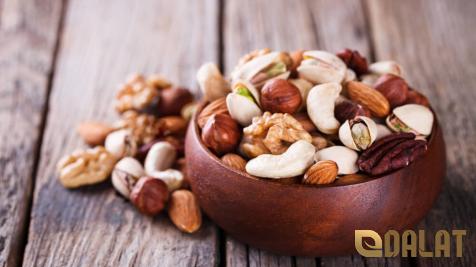
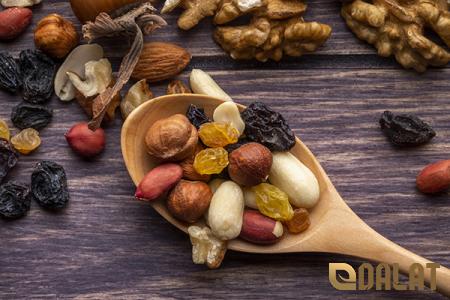
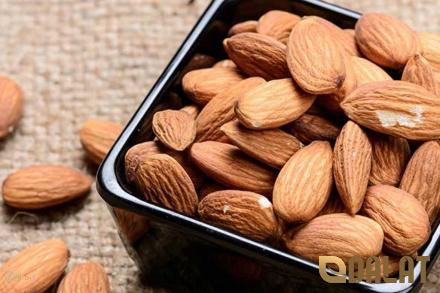
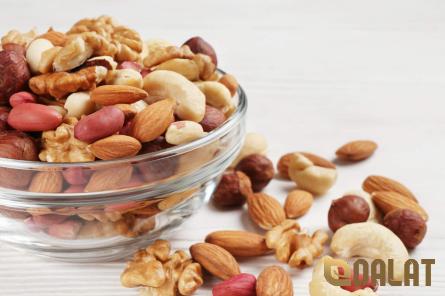
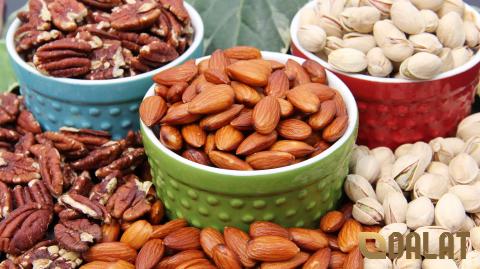
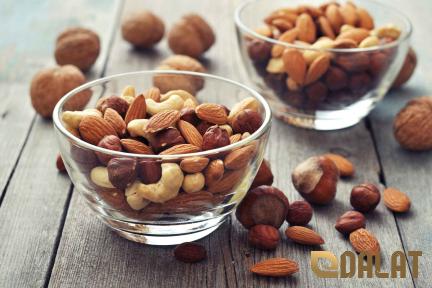
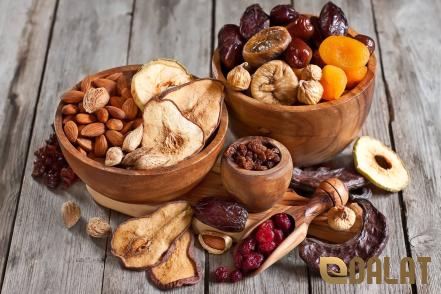
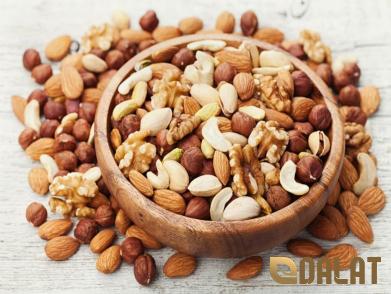
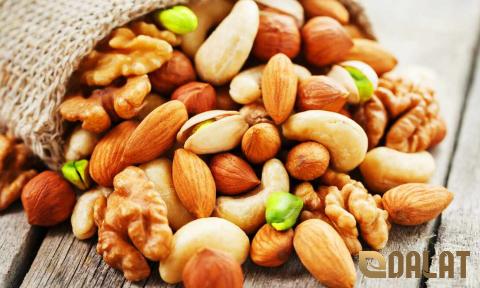
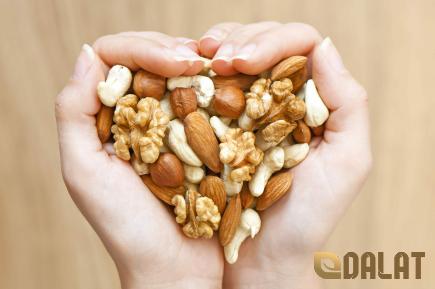
Your comment submitted.